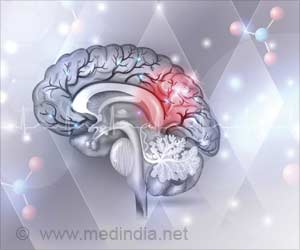
In a vast project involving researchers across the USA, genetic data from families in the Simons Simplex Collection (where one child, but neither parent or any brothers or sisters, have ASD) and the Autism Genome Project (where one or more children were affected), was compared to families from the HealthABC program a cross section of the population).
By analyzing one million of the common variations in each participant's genome, it became clear that, in families where only one child is affected, 40% of the risk of ASD is inherited. In families where more than one child is affected this increased to over 60%. By looking in more detail at the unaffected parents and siblings of children with ASD it appeared that the inherited risk was additive.
Prof Bernie Devlin, from the University of Pittsburgh, explained, "Each of the common variations involved in ASD has little effect on its own, however our results show that they add up. This could explain why, while the parents might each not show any symptoms, their children receive enough of the risk versions to be affected."
Overall these results suggest that there are a large number of common variants each with a very small effect. Prof Devlin continued, "This is a large step forward in our understanding of ASD. The genetic components alone are far more complex than many imagined a decade ago, including the additive effects we have found, rare inherited mutations, and new mutations arising spontaneously before conception."
Editors-in-Chief, Drs. Buxbaum and Baron-Cohen noted that this study represents "An exceptionally important breakthrough in our understanding of autism risk". They also note that, "The interplay between common SNP and rare risk variants could be key to understanding the considerable differences in presentation seen among individuals with an autism spectrum condition".
Advertisement












